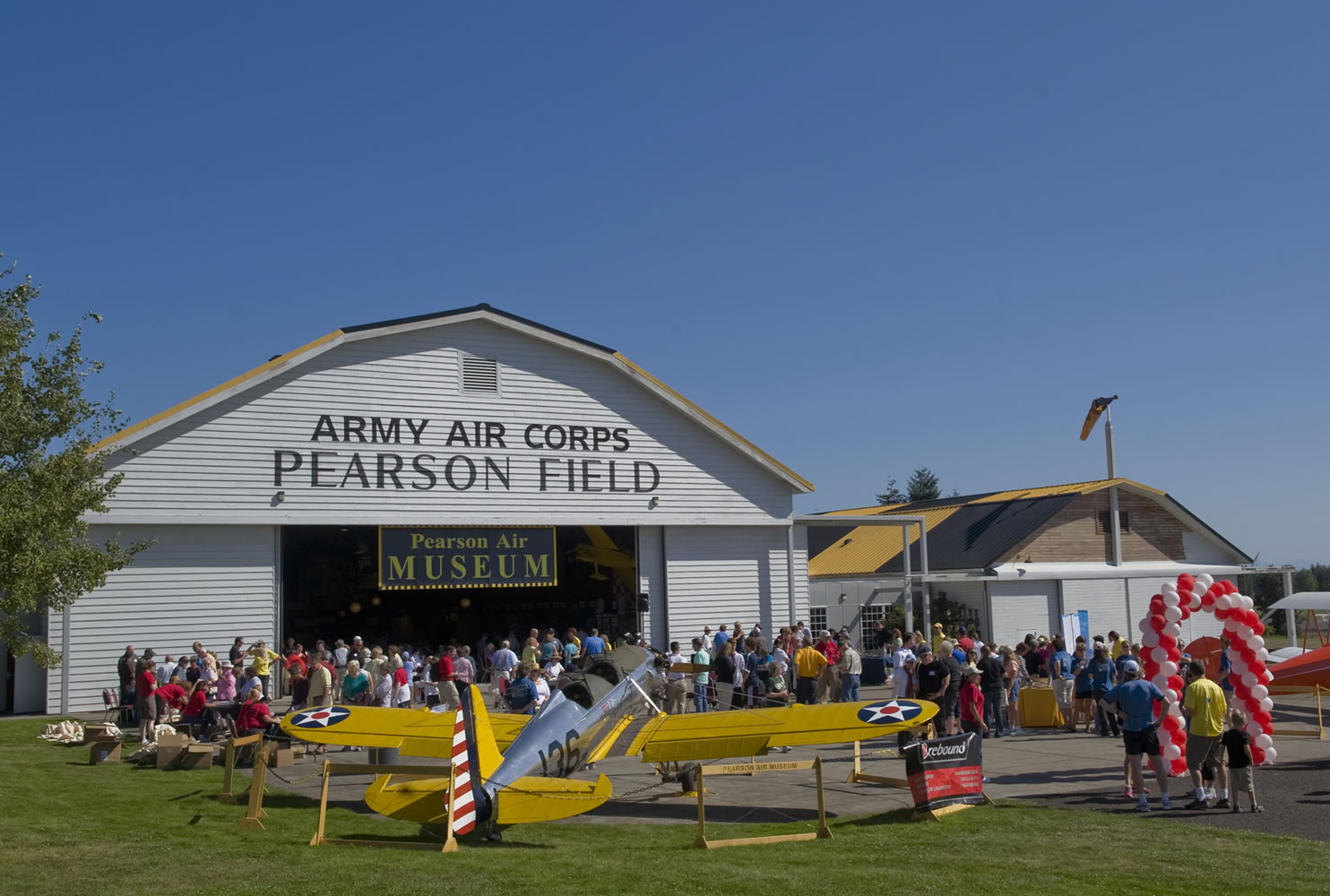Rep. Jaime Herrera Beutler, R-Camas, introduced a bill Thursday to transfer ownership of Pearson Air Museum and the surrounding land from the National Park Service to the city of Vancouver.
The bill, introduced in the U.S. House of Representatives, would transfer seven acres from the Park Service to the city so the museum can reopen under management by the Fort Vancouver National Trust.
Following introduction, the bill will be referred to the House Committee on Natural Resources, and hopefully pass through the committee and get to the house floor soon, Herrera Beutler said.
“For my part, I’m trying to get it through as quickly as possible,” Herrera Beutler said. “The first big step was getting it introduced.”



